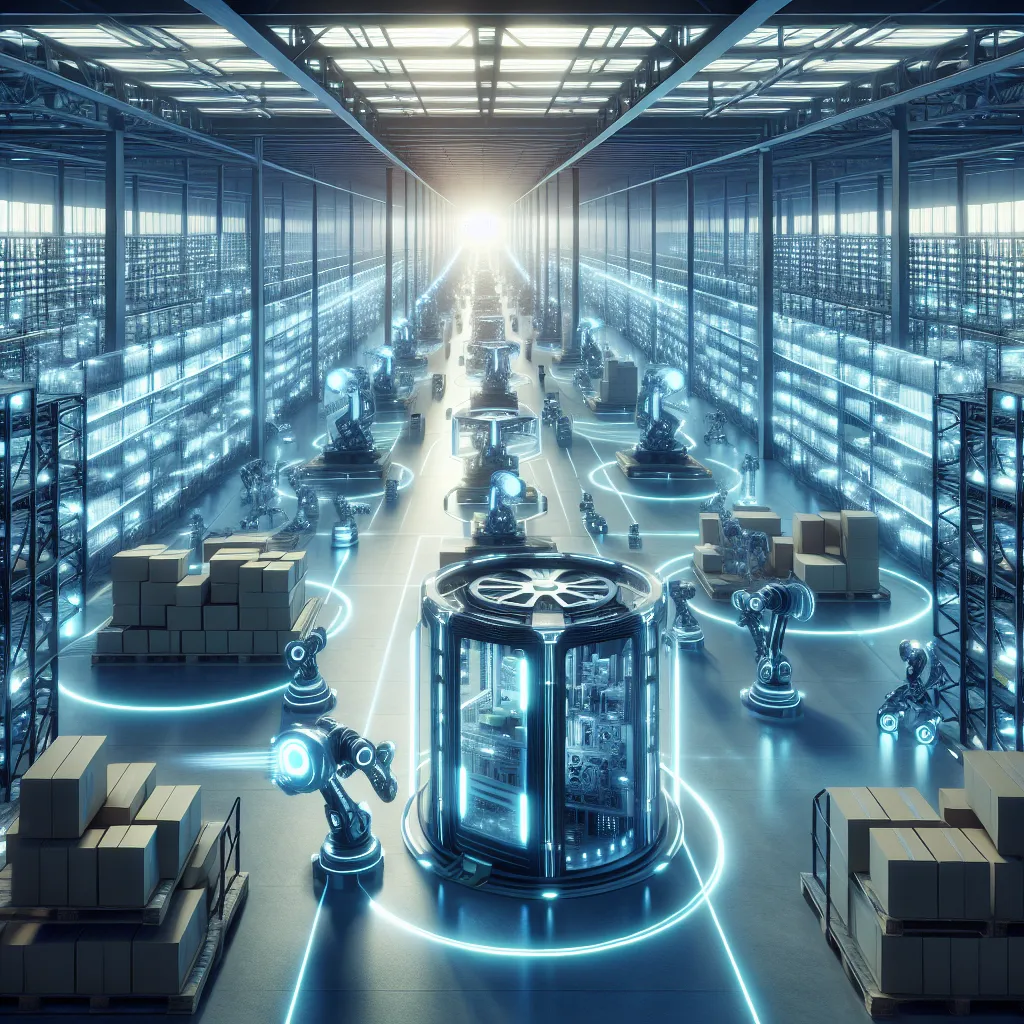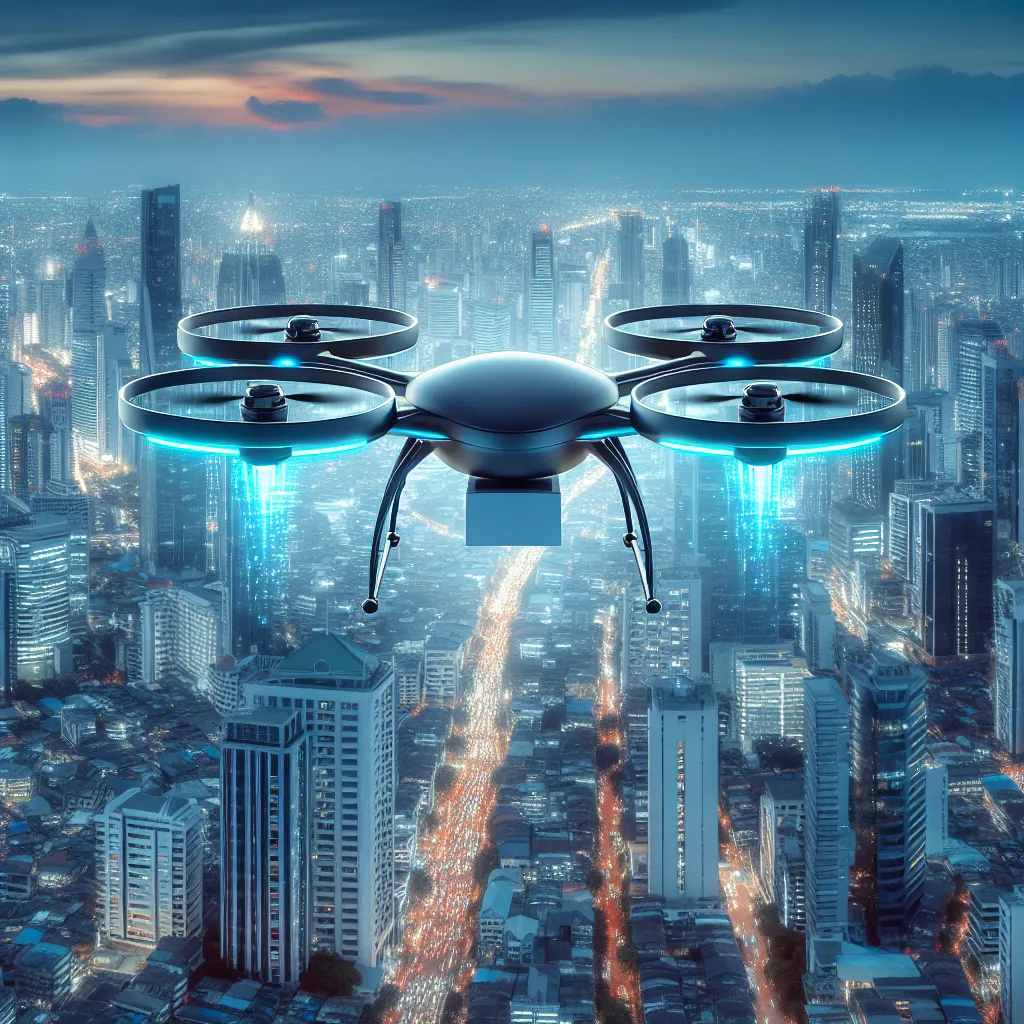The article “Drone Delivery: Revolutionizing the Last Mile” presents how drone technology is transforming the delivery industry by offering unparalleled efficiency and speed in the last-mile delivery process. It discusses the challenges faced by traditional delivery methods and how drones can address them by optimizing operations, reducing delivery times, and minimizing environmental impact. The integration of advanced navigation systems and AI-powered route optimization enables drones to navigate urban environments with precision, ultimately reshaping the future of delivery. Furthermore, the potential for drones to facilitate deliveries in remote areas and urgent medical supply scenarios showcases their transformative impact. In conclusion, the article highlights the potential of drone delivery to set new standards for convenience and reliability in the delivery industry, positioning it as a prime example of technology innovations reshaping the future of delivery. Meanwhile, the article “AI-Powered Logistics: Streamlining Delivery Operations” discusses how Artificial Intelligence (AI) is revolutionizing the delivery industry by offering significant improvements in route optimization, demand forecasting, and real-time tracking. It emphasizes AI’s ability to analyze vast amounts of data to identify patterns and optimize delivery routes, leading to reduced delivery times, lower fuel consumption, and cost savings. Additionally, AI enables precise demand forecasting, optimized inventory levels, and effective resource allocation, ultimately enhancing customer satisfaction. Real-time tracking powered by AI provides detailed visibility into the delivery process, fostering trust and transparency. The article underlines how AI is streamlining delivery operations and revolutionizing the industry, showcasing its potential to meet evolving demands and enhance efficiency.
Category: Logistics Services
Logistics services encompass a wide range of activities aimed at the effective management and movement of goods and resources. These services are integral to the supply chain process and include transportation, warehousing, inventory management, and distribution. Logistics services play a crucial role in ensuring the smooth flow of products from suppliers to customers, optimizing efficiency, and minimizing costs. From freight forwarding to order fulfillment, companies offering logistics services help businesses streamline their operations and meet the demands of a global market, ultimately contributing to improved customer satisfaction and competitive advantage.
In addition to the physical aspects of transportation and storage, logistics services also encompass important administrative functions such as documentation, customs clearance, and regulatory compliance. These services are essential for coordinating the complex network of international trade and ensuring that goods are delivered safely and in accordance with legal requirements. Good logistics services providers excel at leveraging technology and data analytics to track and monitor shipments, optimize routes, and provide real-time visibility into the supply chain. By offering comprehensive logistics solutions, these providers enable businesses to focus on their core competencies while meeting the evolving challenges of today’s dynamic marketplace.

Challenges and Opportunities in the Delivery Industry
The article “Navigating Last-Mile Delivery Challenges in Urban Areas” provides a comprehensive look at the challenges and opportunities within the transportation and logistics industry, particularly in urban settings. It highlights issues such as congestion, limited parking, and the surge in small deliveries, while also exploring innovative solutions like micro-fulfillment centers and eco-friendly delivery vehicles. The piece also emphasizes the importance of advanced route planning software, GPS technology, and real-time tracking for overcoming complexities in urban last-mile delivery. Moreover, it underscores how these challenges pave the way for innovation and growth within the delivery industry, encouraging businesses to leverage technology and sustainable practices to establish competitive advantages and meet the evolving needs of urban consumers. The accompanying section on “Technology and Innovation: Transforming the Future of Delivery Services” further delves into the impact of advanced technologies on delivery management and execution, highlighting the challenges of integrating new technologies as well as the abundant opportunities they present. With a focus on automation, predictive analytics, real-time tracking, and seamless communication between providers and customers, the article underscores how technology and innovation have the potential to revolutionize last-mile delivery and enhance customer satisfaction. This thorough exploration of the subject matter makes the complete article a valuable read for anyone seeking a deeper understanding of urban last-mile delivery challenges and the transformative impact of technology on the delivery industry.

The Impact of Technology on Modern Logistics Services
The articles discuss the transformative impact of technology on modern logistics, emphasizing its role in enhancing efficiency and reshaping supply chain management. Advanced logistics software, IoT integration, and automation have optimized route planning, provided real-time visibility, and streamlined warehouse operations. These technological innovations have not only improved efficiency and accuracy but also contributed to environmental sustainability, faster delivery times, and enhanced customer satisfaction. The articles underscore the critical role of embracing digital transformation and innovative solutions to gain a competitive edge and deliver superior customer experiences in the dynamic landscape of modern logistics services.

